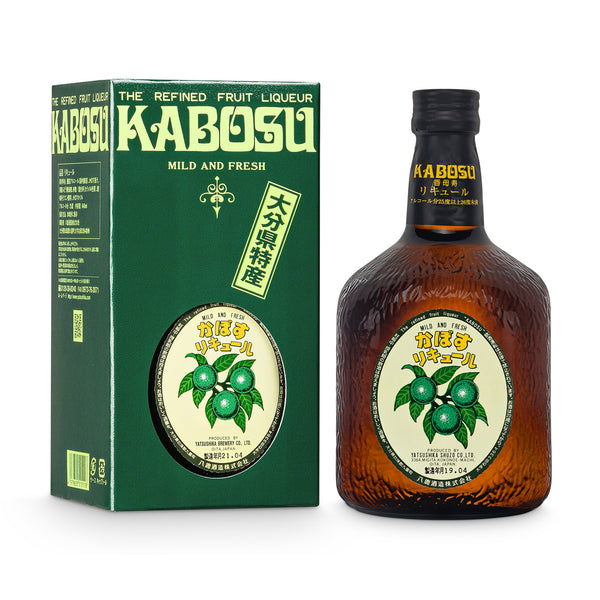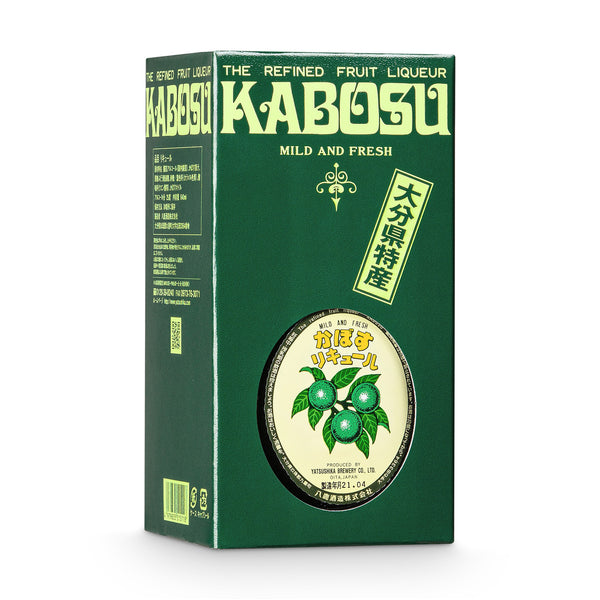
Kabosu Liqueur
Content: 0,5l / Alcohol: 25%
Delivery time: 2-4 working days
Collection currently not available
If you like yuzu, you'll love kabosu: Kabosu is a Japanese citrus fruit that looks like a lime, to which yuzu is related, and tastes somewhere between a lemon and a blood orange. Kabosu liqueur tastes very natural with only a hint of sweetness, authentically capturing the flavor of this special citrus fruit. It's also a great ingredient in cocktails.
Learn more
About the manufacturer



